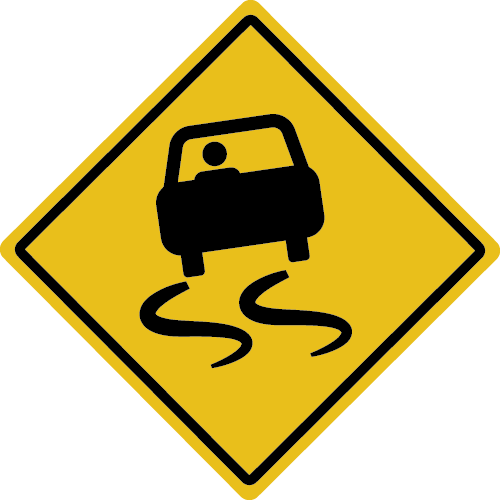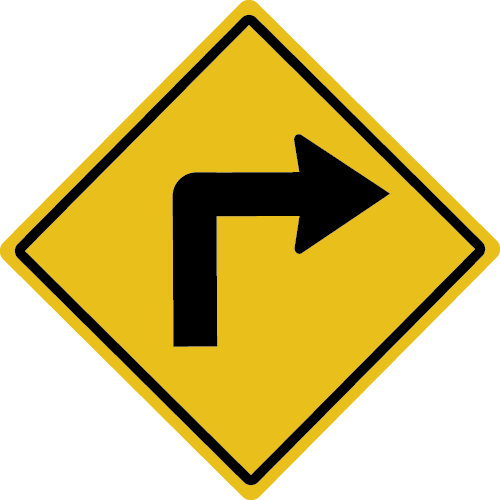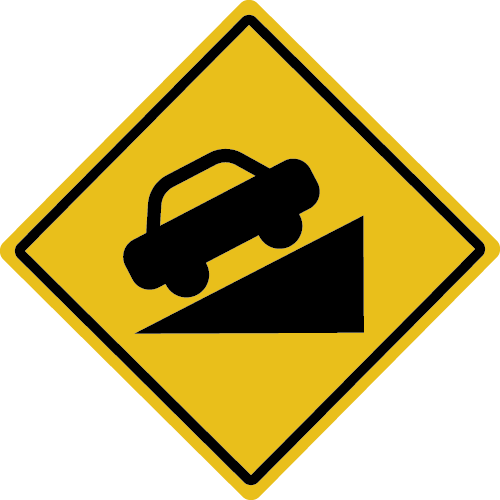The Burrow
For some people, driving a car is a reward within itself. However, not all roads promise a relaxing journey. Some roads are downright dangerous and require careful driving and concentration.
As experts in car insurance, we decided to examine some of the most dangerous roads internationally, looking at hairpin turns, steep inclines, and narrow roads.
Here is what we found out.

France’s RCEA road is considered one of the most dangerous roads in the country.1 The road is used by hundreds of heavy goods vehicles and is well known for being troublesome. Data shows there were six deaths on the road in 2022.2 In comparison, the European Commission’s research shows 49 deaths per million people happened on French roads in 2022.3
Canada’s Revelstoke-Golden Highway is considered a dangerous road for drivers. According to The Insurance Corporation of British Colombia, over a 20-year period from 2000 to 2019, 160 people perished on Highway 1 between Golden and Revelstoke, making up four percent of highway-related deaths in the province.4
Alaska’s Dalton Highway is one of the most dangerous roads in the country. The 643km (400 miles) of highway stretches through remote forests and tundras. There are no gas stations, restaurants, hotels, or any basic services near the road.5 The road also contains multiple signs warning of steep grades and avalanches.

Passo dello Stelvio, a high mountain pass in the Ortler Alps,6 sits at an elevation of 2,575m (9,045 feet) above sea level. The road has 48 hairpin bends, meaning drivers would need to do 48 180-degree turns to navigate the road. That’s a dizzying number of turns!
Norway’s Lysevegen Road has 27 hairpin turns and is located between the Agder and Rogaland counties. It takes 49 mins to complete the difficult 32.6km journey.7
Peru’s Curvas de Huanchaca has 24 difficult hairpin turns.8 The road is made from sand and gravel, starts at 2,261m above sea level and climbs up to 2,900m.6 The 9.8km road takes around 18mins to complete.

The title of the steepest street has been quite controversial. Baldwin Street in Dunedin, New Zealand had been recognised as the steepest street in the world – with a gradient of around 34.8%,11 – until 2019, when The Guinness Book of Records instead awarded it to Ffordd Pen Llech Road in Harlech, Wales.
However, the decision to give the title to the Welsh street was appealed by the residents of Baldwin Street. New results showed Baldwin Street indeed had a gradient of 34.8%, while Ffordd Pen Llech only reached 28.6%.10 After the appeal, Baldwin Street was reinstated as the Steepest Street in the World.
Canoe Mountain in British Colombia, set high in the Monashee Range of Columbia Mountains is a totally unpaved road. Starting at the BC-5 Highway, the road to the summit is 12.6km (7.83 miles long), and has an elevation gain of 1,809 metres, with an average gradient of 14.35%. The mountain peak also has an elevation of 2,628m (8,622ft) above sea level.11
Scanuppia-Malga Palazzo is a mountain peak at an elevation of 1,571m (5,154ft) above sea level.12 The ascent for the road is about 8km long, with a gradient of 42.8%.
Keeping safe on the road is important for everyone’s safety, and to encourage good behaviour, car insurance companies reward drivers who stay out of trouble.
Compare the Market’s General Manager of General Insurance Adrian Taylor said drivers who have a clean claims history can sometimes be rewarded with a no claims bonus.
Mr Taylor said the bonus rewarded drivers’ good behaviour behind the wheel, using a no claims bonus rating system.
“This could result in having lower insurance premiums,” he said.
Mr Taylor stressed it was always important to make sure you drove safely on the road.
“Minimizing accidents by sticking to safe routes and avoiding situations that are difficult to navigate can be a great help in improving your chances avoiding an accident and subsequently benefitting from a no claims bonus,” he said.
“Regardless of the car insurance policy you are looking to purchase, always check the Product Disclosure Statement (PDS) to better understand any limits, exclusions or restrictions.”